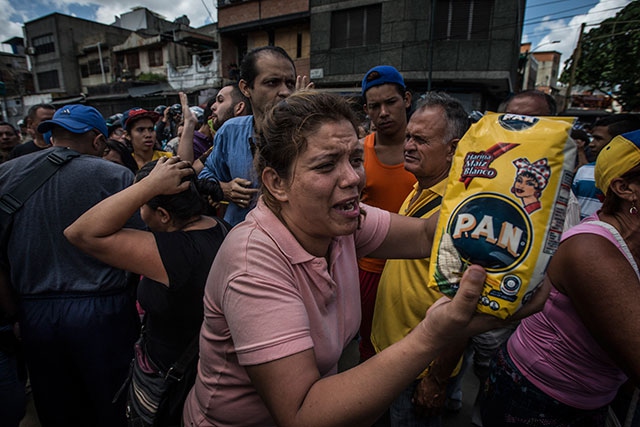
Word of the Day: Hugger-mugger
Today’s word of the day, thanks to the LifeHack website, is hugger-mugger, a noun meaning “secretive, or covert behavior” (https://www.lifehack.org/articles/communication/24-old-english-terms-you-should-start-using-again.html). According to www.dictionary.com, hugger-mugger can be a noun, meaning “disorder or confusion; muddle,” or “secrecy; reticence,” but it can also be an adjective, meaning “secret or clandestine” or “disorderly or confused.” It can also be a transitive verb meaning “to keep secret or concealed; hush up”; “transitive” means that it takes an object, so that a sentence would be something like, “The politician did his best to hugger-mugger the bribery.”
According to www.etymonline.com, hugger-mugger, which could also be spelled huggermugger, appears in the language in the “1520s, one of a number of similar-sounding reduplicated words in use around this time and meaning much the same thing, including hucker-mucker, which may be the original of the bunch if the basis is, as some think, Middle English mukre ‘to hoard up, conceal.’ Also compare Middle English hukmuck, late 15c., name of some sort of device for cleansing.”
By the way, reduplication “is a morphological process in which the root or stem of a word (or part of it) or even the whole word is repeated exactly or with a slight change.” In some languages, reduplication is used to indicate plurality, so that more than one cow would be some cow-cow. English has several types of reduplication: rhyming duplication, as in hokey-pokey or boogie-woogie; exact reduplication, as in bye-bye or choo-choo; ablaut reduplication, as in tik-tok or ding-dong; shm-reduplication, as in fancy–schmancy.
On this date two years ago, Venezuela launched its own crypto-currency, the petro. Venezuela’s president, Nicolas Maduro, announced that the crypto-currency would be introduced in order to achieve currency independence for his socialist nation, and that the currency would be backed by Venezuela’s reserves of oil, gold, and diamonds. In January of 2018, Maduro announced that the nation would issue 100 million tokens at a total value of $6B.
But the launch of the currency was muddled at best. At first it was announced that it would be launched on a platform called Ethereum, but then, right before the launch, the platform was changed to NEM. But in the aftermath of the launch, it was hard to find the currency on either platform. Finally, it was revealed that the currency was a clone of the crypto-currency called Dash, meaning that the currency was not at all what it was billed.
The truth about Petro is that the Venezuelan government was trying to make up for the damage it did to the nation’s economy. At one point in the not-too-distant past, Venezuela, which has the largest known deposits of oil in the world, was doing really well. Oil companies had come into the country and built the infrastructure necessary to extract the oil. But then the government nationalized those oil production facilities, and the economy began to falter, gradually. In 2010, the country hit a GDP of $400B, but then the bottom began contract. By 2019, the GDP had fallen to $70B. Just as a point of comparison, that figure means that Venezuela’s GDP was smaller than Delaware’s even though Venezuela’s population is about 32 million while Delaware’s is less than 1 million.
It’s pretty clear that the purpose of the launch of the petro was not an attempt to attain currency independence but rather an attempt to thwart the negative effects of inflation, which, according to Wikipedia, “reached 274% in 2016, 863% in 2017, 130,060% in 2018 and 9,586% in 2019. Since 2016, the overall inflation rate has increased to 53,798,500%.” This is actually called hyper-inflation, and it indicates a ruined economy.
But you won’t hear the government of Venezuela talking about how its policies have destroyed not only the economy of Venezuela but the lives of most of the population. It’s even hard to find news reports in American media of just how disastrous the socialist policies of Maduro and his predecessor, Chavez, have been. It’s all a bunch of hugger-mugger. But if you do a little research, you can learn how bad it is.
If you think of it, say a prayer for the people of Venezuela.
The photo: “A woman shakes a bag of corn flour, shouting “Why is it so difficult for me to buy this?” as hundreds of people wait in line to buy food at a grocery store in Catia, a barrio in western Caracas, Venezuela, on June 11, 2016. (Photo: Meridith Kohut / The New York Times)” (https://venezuelanalysis.com/analysis/12750).